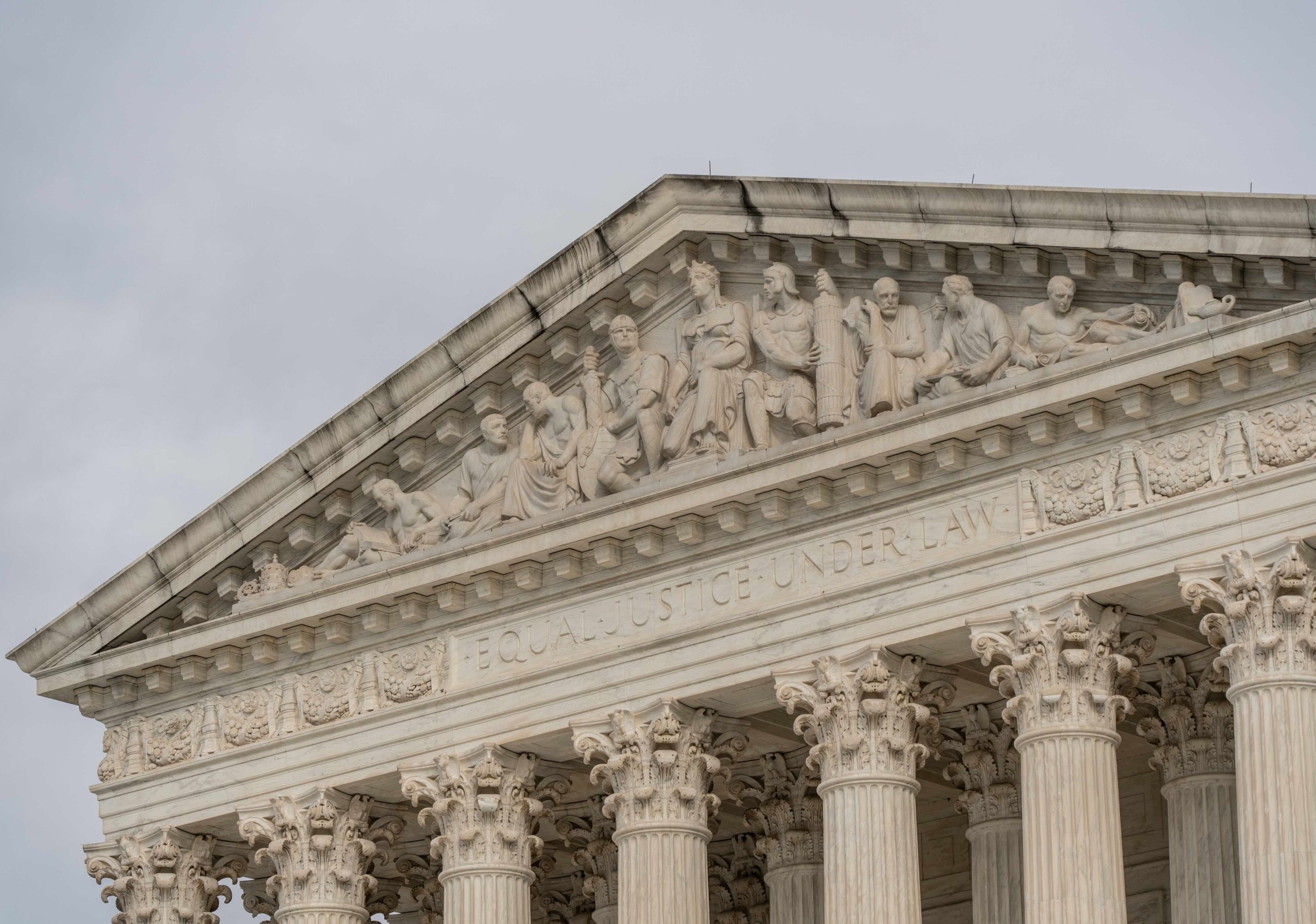Watchdog urges court to deny DOGE request to pause order for information in FOIA suit


This article was updated on May 23 at 3:43 p.m.
A government watchdog group on Friday urged the Supreme Court to deny the Trump administration’s request to pause an order by a federal judge in Washington, D.C., that would require the Department of Government Efficiency to provide information in a lawsuit filed under the Freedom of Information Act. Lawyers for Citizens for Responsibility and Ethics in Washington told the justices that, under the guise of seeking to put the “narrowly-tailored” order on hold, the government was actually asking the court to weigh in on whether DOGE is in fact a government agency subject to FOIA – the question, CREW said, at the center of the dispute.
On Friday afternoon, Chief Justice John Roberts entered an administrative stay in the case, which puts Cooper’s order on hold temporarily to give the court time to consider DOGE’s request.
President Donald Trump created DOGE shortly after taking office on Jan. 20. Although it is not a cabinet-level department, it has been broadly involved in the Trump administration’s efforts to reduce the size of the federal government.
On Jan. 24, CREW filed a request under FOIA for, among other things, communications between Amy Gleason, the DOGE administrator, and DOGE staff. Just under a month later, CREW went to federal court in Washington, seeking documents that it wanted before Congress passed a bill to provide funding for the federal government.
As part of its lawsuit, CREW sought to fast-track discovery – the process of exchanging information before trial – to determine whether DOGE is an “agency.” Its requests included a list of current and former DOGE employees, a list of the employees and positions for which DOGE had recommended termination, and a deposition of Gleason.
The federal judge overseeing CREW’s lawsuit, U.S. District Judge Christopher Cooper, granted most of CREW’s discovery requests, including its bid to depose Gleason, and the U.S. Court of Appeals for the District of Columbia Circuit rejected the government’s plea to put Cooper’s order on hold and halt discovery.
U.S. Solicitor General D. John Sauer came to the Supreme Court on Wednesday, asking the justices to intervene. Sauer told the court that requiring DOGE to respond to CREW’s discovery requests “clearly violates the separation of powers” and “will significantly distract” from DOGE’s “mission of identifying and eliminating fraud, waste, and abuse in the federal government.”
In its filing on Friday, CREW countered that even putting aside the fact that the government has effectively asked the court to rule on the merits of the dispute – that is, whether DOGE is an agency subject to FOIA – Cooper’s order should still remain in place. It contended that the government is ultimately unlikely to prevail (an important criterion when the courts consider whether to grant temporary relief) because the determination whether an entity is an “agency” for purposes of FOIA is a fact-specific inquiry “for which courts have ‘previously endorsed limited discovery.’”
Nor, CREW added, will the government be permanently harmed if discovery is allowed to move forward. Indeed, CREW suggested, “the government can raise the full array of objections and privileges available to it in the normal course of discovery.” The Trump administration has the right to file a reply to CREW’s brief. After that, the court could act on the government’s request at any time.
Posted in Emergency appeals and applications
Cases: U.S. Doge Service v. Center for Responsibility and Ethics in Washington